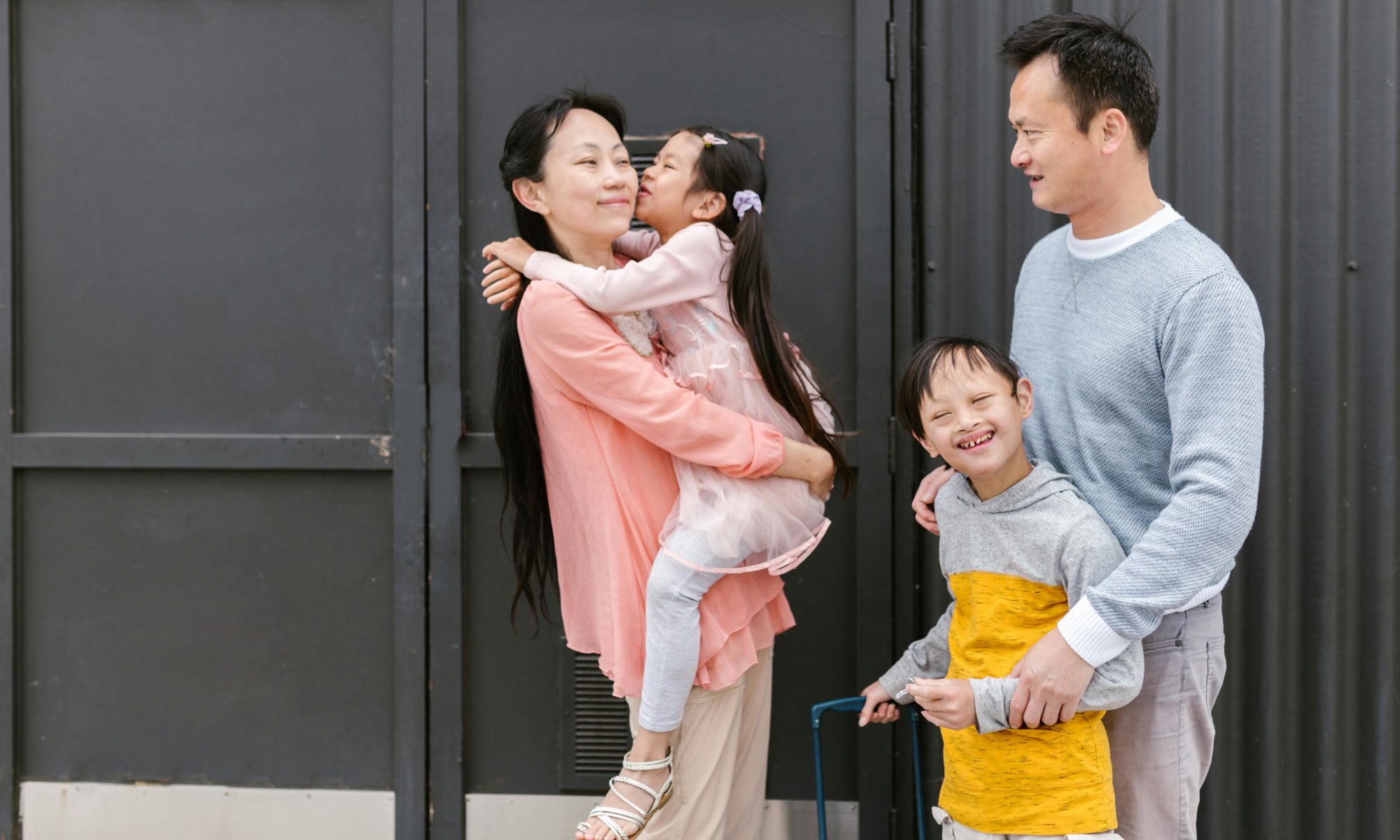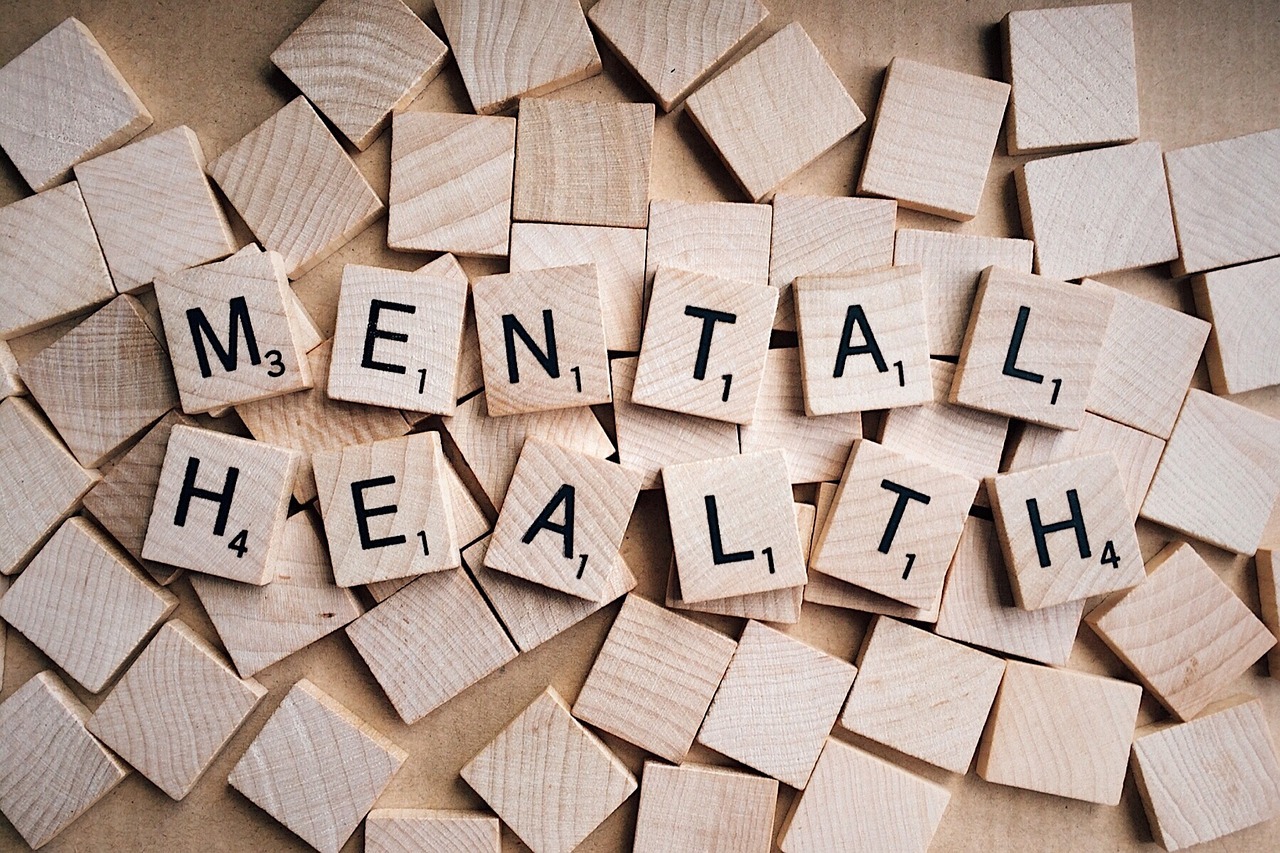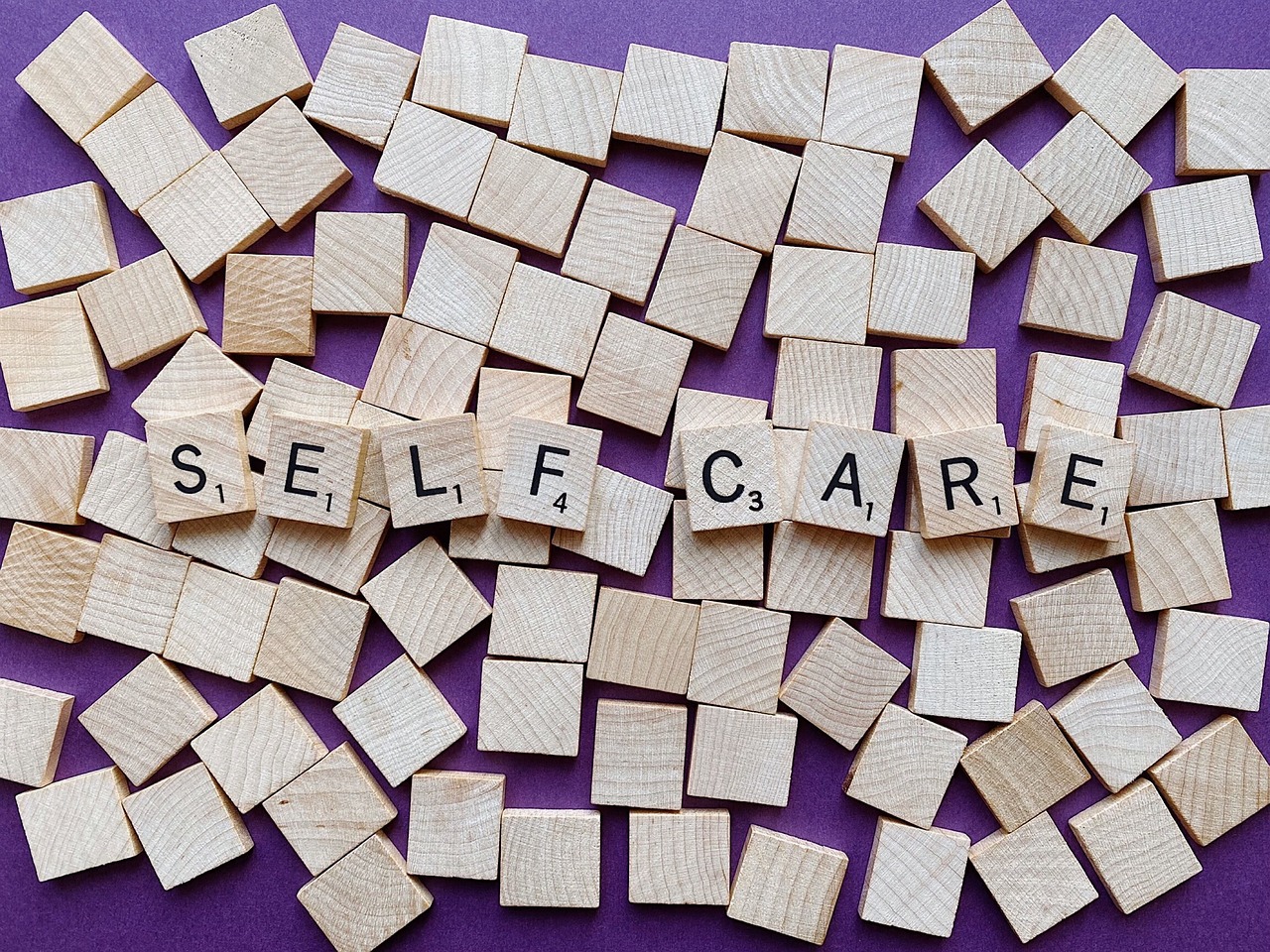Co-parenting presents its own set of hurdles, but when one parent has narcissistic traits, the challenges can feel insurmountable, leaving you emotionally drained and questioning every decision. If you’re navigating the complex world of co-parenting with a narcissist, you’re likely familiar with manipulation, control, and a constant struggle for your child’s well-being.
In this blog post, We’ll walk you through how to co-parent with a narcissist in a way that keeps your peace and protects your child. But before we dive into the “how,” it’s important to recognize some common signs and behaviors of a narcissistic co-parent.
Narcissistic Behavior in Co-Parenting
Co-parenting with a narcissist can leave you feeling frustrated, unheard, and emotionally exhausted. Narcissistic behavior often includes:
Lack of Empathy – They dismiss your concerns, ignore their child’s needs, and only focus on what benefits them, making cooperative parenting nearly impossible.
Need for Control – They dominate decisions about schedules, parenting styles, and even your personal life—prioritizing power over the child’s best interests.
Manipulation Tactics – They twist the truth, play the victim, or use children as messengers to create conflict, often involving new partners to stir drama.
Gaslighting & Blame-Shifting – They deny their actions, distort reality, and make you doubt yourself, leaving you emotionally drained and insecure in your parenting.
Constant Conflict – Co-parenting feels like a battlefield rather than a partnership, with narcissists escalating disputes rather than resolving them.
Easy Step-by-Step Guide to Co-Parenting with a Narcissist
Step 1: Prioritize Legal Safeguards When Co-Parenting with a Narcissist
Co-parenting with a narcissist can feel like walking through a minefield—every step requires caution, and vague agreements can quickly turn into battles. To protect yourself and your children, you need clear, legally binding custody agreements and court orders. Here’s how to make sure you’re covered:
1. Lock Down Your Custody Agreement—Leave No Room for Games
Narcissistic co-parents thrive on ambiguity. If your custody agreement is vague, they’ll twist it to their advantage. That’s why every single detail must be spelled out in court-approved documents, including:
- Visitation schedules (down to pickup/drop-off times and locations)
- Holiday and vacation plans (so there’s no last-minute chaos)
- Decision-making authority (who gets the final say on school, healthcare, and extracurriculars?)
If you leave things open-ended, they will exploit it. Joint decision-making often backfires with a narcissist—they may stall, argue, or refuse just to maintain control. Talk to your lawyer about whether sole decision-making in key areas (like education or medical care) could protect your kids from unnecessary conflict.
2. Document EVERYTHING—Because They’ll Twist the Truth
Narcissists love rewriting history. If you don’t have proof, their version of events could become the “truth” in court. Protect yourself by:
- Using 2houses co-parenting app for all communication—these logs are court-admissible.
- Keeping a personal journal noting:
- Missed visitations or late pickups
- Angry texts, emails, or verbal attacks
- Any violation of the custody order (dates, times, what happened)
This paper trail is your best defense if they lie in court or try to paint you as the problem.
3. Know When to Call in a Lawyer (Because Mediation Often Fails)
Mediation works when both parents cooperate—but narcissists don’t play fair. They’ll use mediation to manipulate, stall, or bully you. Get a lawyer involved if your co-parent:
- Ignores court orders (constantly breaks the schedule)
- Puts your kids in danger (emotionally or physically)
- Threatens legal action just to intimidate you
- Refuses to compromise, no matter how reasonable you are
A lawyer who understands narcissistic behavior can shut down their games and enforce your rights.
Step 2: Implement Strategic Communication Practices
When you’re co-parenting with someone who has narcissistic traits, communication can feel like walking on eggshells. That’s why it’s so important to follow the right strategy. One method that really works is called the BIFF Method, which stands for Brief, Informative, Friendly, and Firm. Think of it like this—you’re not trying to win an argument or share your feelings. You’re just delivering a clear, emotion-free message. Keep your replies short and stick to the facts. Stay polite, even if they try to provoke you, and don’t forget to stay firm about your boundaries. For example, instead of getting pulled into a fight, a simple message like: “I have received your message. The children will be ready for pick-up at the agreed-upon time.” is all you need. It keeps things professional and shuts down unnecessary drama.
Now, let’s talk about how to actually parent with someone like this. Most of the time, cooperative parenting—where both parents work closely together—just doesn’t work with a narcissistic ex. They often thrive on conflict, control, and chaos. So instead of trying to co-parent in the traditional way, a better approach is something called parallel parenting. This simply means you both manage your own households separately. You make your own decisions when the kids are with you, and only communicate about urgent matters like health or schedule changes. It helps reduce arguments and creates a more stable and peaceful life for your children—and for you.
As I mentioned earlier, for all communication, you should always use the 2houses co-parenting app. This will help ensure everything runs smoothly, and its record-keeping feature will protect you from many future issues—especially when co-parenting with a narcissistic person.
Step 3: Setting (and Enforcing) Boundaries
Co-parenting with a narcissist can be exhausting, but setting clear boundaries is your best defense. Start with time boundaries—decide when you’re available and stick to it. For example, you might say, “I won’t answer calls or texts after 7 PM unless it’s an emergency.” Communicate this rule clearly, then enforce it. This protects your downtime and stops them from controlling your schedule. Over time, you’ll feel less like you’re always “on call” and more in charge of your own life.
Next, set topic boundaries—keep conversations strictly about the kids. If they bring up drama, personal attacks, or unrelated issues, calmly say, “Let’s focus on the children—that’s all I’m discussing.” Narcissists often use conversations to manipulate or upset you, so shutting down irrelevant topics keeps things neutral.
When boundaries are crossed—and they will be—stay calm and consistent. If they call late, ignore it and respond later with, “As I’ve said, I don’t take non-emergency calls after 7 PM. Please text or email instead.” Narcissists test limits, so if you give in even once, they’ll keep pushing. But if you hold firm every time, they’ll learn your rules aren’t negotiable. It won’t be easy, but with patience, they’ll start respecting your boundaries—or at least bothering you less. Your peace of mind is worth it.
Step 4: Protecting Your Children’s Well-Being
One of the hardest but most important things you can do is shield your kids from conflict—even when your co-parent tries to drag them into it. No matter how frustrated you feel, avoid badmouthing the other parent in front of them. Kids love both of you, and hearing one parent criticize the other makes them feel torn, guilty, or even responsible for fixing things. Instead, keep conversations neutral. If your child says, “Dad says you’re unreasonable,” you might respond, “Parents don’t always agree, but we both love you.” This helps them feel safe instead of stuck in the middle.
Never use your kids as messengers or spies. Asking them to pass along complaints (“Tell your mom she’s late with the support payment”) or report back on what happens at the other house puts them in an impossible position. They’re not your go-between—they’re just kids who need to enjoy time with both parents without feeling like they’re betraying someone. If your co-parent tries to pull them into drama, gently remind them: “You don’t have to worry about grown-up problems. Just focus on being a kid.”
Also, keep an eye out for signs of emotional manipulation. If your child comes back from visits acting different, feeling guilty, or saying things like, “Mom says I don’t love her if I want to see you,” those are red flags. Some parents, especially those with narcissistic traits, might talk badly about you, make your child keep secrets, or even punish them for showing love to you. If you notice anything like that, handle it with care. And please, don’t hesitate to talk to a therapist who can help both you and your child work through the confusion in a healthy and supportive way.
Step 5: Managing Your Mental Health
It’s completely understandable that your focus is on your kids, and their well-being is always a top priority. But remember, taking care of yourself, especially your mental and emotional health, is just as crucial – like putting on your own oxygen mask first on an airplane. When you’re navigating the challenging terrain of co-parenting, especially with someone who has narcissistic traits, your inner peace becomes your superpower.
Think of building your emotional resilience like strengthening a muscle. One of the most effective ways to do this is by seeking support from professionals who truly understand what you’re going through. A therapist who specializes in narcissistic dynamics and co-parenting can offer you a safe space to process your experiences, heal from any emotional wounds, and equip you with practical strategies to navigate this difficult situation. It’s like having a guide who’s walked this path before and can show you the way forward.
Beyond professional help, incorporating simple yet powerful self-care practices into your daily life can make a real difference. Things like mindfulness and meditation, even for just a few minutes each day, can help calm the storm within, reduce stress, and give you more control over your emotions. And don’t underestimate the power of connection!
Some common Question’s Answer About Co-Parenting with a Narcissist
Can a narcissist ever be a good co-parent?
The honest answer is—it’s highly unlikely. Narcissists typically lack empathy, crave control, and may manipulate situations, making cooperative parenting nearly impossible. While they might seem reasonable at times, these moments are usually short-lived and part of a cycle, not a genuine effort to prioritize your child’s well-being. Instead of exhausting yourself trying to co-parent harmoniously, a better solution is parallel parenting—a structured approach that keeps direct contact to a minimum while ensuring your child’s needs are met. This way, you protect your peace while still being the stable, loving parent your child deserves.
What if my narcissistic co-parent lies in court?
Your best weapon is documentation: keep detailed records of every text, email, missed visit, and broken agreement to prove the truth. A skilled family lawyer will be your strongest ally, helping you present your evidence clearly, shut down false accusations, and fight for what’s best for your kids. Stay organized, stay calm, and let the facts speak for you.
How do I handle a narcissistic co-parent who badmouths me to our kids?
In this case,What’s most important right now is being the rock for your children, the steady and loving parent they absolutely need. I know it can be incredibly tempting to want to set the record straight or even say some things back, but trust me, getting into that kind of back-and-forth can actually make things even harder on your kids in the long run. When they come to you and tell you about the not-so-nice things their other parent has said, try to be their safe space. Offer them comfort and support in a way that makes sense to them. For example, you could gently say something like, “Oh, honey, that’s not very kind to hear. But you know what? Remember that I love you more than anything, and I’m always going to be right here for you, no matter what anyone else says.” This way, you’re showing them you’re there for them and validating their feelings without getting drawn into a battle about their other parent.
What if my narcissistic co-parent refuses to follow the custody schedule?
If your narcissistic co-parent consistently refuses to adhere to the established custody schedule, it is crucial to document every instance of non-compliance. Keep a detailed record of dates, times, and any reasons provided (or lack thereof) for the deviations. Then, it is essential to consult with your lawyer about the most appropriate course of legal action to take to enforce the existing court order and ensure that the agreed-upon schedule is followed.
Can therapy help my child cope with a narcissistic parent?
Yes, therapy can be incredibly beneficial for children who have a parent with narcissistic traits. A qualified child therapist can provide a safe and supportive space for them to express their feelings, gain a better understanding of the dynamics of their relationship with their narcissistic parent, and develop healthy coping mechanisms to deal with any emotional manipulation or stress they may be experiencing. Therapy can help children build resilience and maintain a healthy sense of self.
How do I respond when my co-parent twists my words in front of others?
The best move is to stay calm and not get pulled into a public argument. You can calmly clear things up with a short, honest explanation if needed—but don’t let it turn into a long back-and-forth. Often, saying nothing speaks louder than defending yourself. Just stay grounded in your truth, and remember that their version of the story doesn’t define who you are or how you parent.
Is it possible to modify custody agreements if the narcissist becomes unsafe?
Yes, if there is evidence to suggest that the narcissistic co-parent’s behavior is creating an unsafe environment for your children, whether emotionally or physically, it is possible to seek a modification of the existing custody agreement. This will likely require taking legal action and presenting strong documentation and evidence of the unsafe behavior to the court. It is crucial to prioritize the safety and well-being of your children in such situations.
How do I stay calm when my co-parent deliberately provokes me?
In this case best practice is staying calm. And starts with reminding yourself that their goal is often just to get a reaction. Don’t give them that power. Try simple things like deep breathing, grounding yourself in the moment, or practicing mindfulness to keep your emotions in check. Instead of reacting on impulse, pause and choose a thoughtful response that protects your peace. Set clear boundaries in your mind and stay focused on what really matters—your own mental well-being and keeping things stable for your kids. You can also try the ‘gray rock method’, which will help you a lot.
Should I ever confront my narcissistic co-parent about their behavior?
Honestly, it’s usually not a good idea. Trying to directly confront a narcissistic co-parent often backfires. You might hope they’ll reflect on their actions or change for the better—but in most cases, it leads to more drama, defensiveness, or even manipulation.
Instead of putting yourself through that stress, it’s often better to focus on what you can control: how you respond, how you protect your peace, and how you set and stick to your boundaries. And don’t forget—getting support for yourself, whether it’s from a therapist, coach, or close friends, can make a world of difference. You deserve that support.










